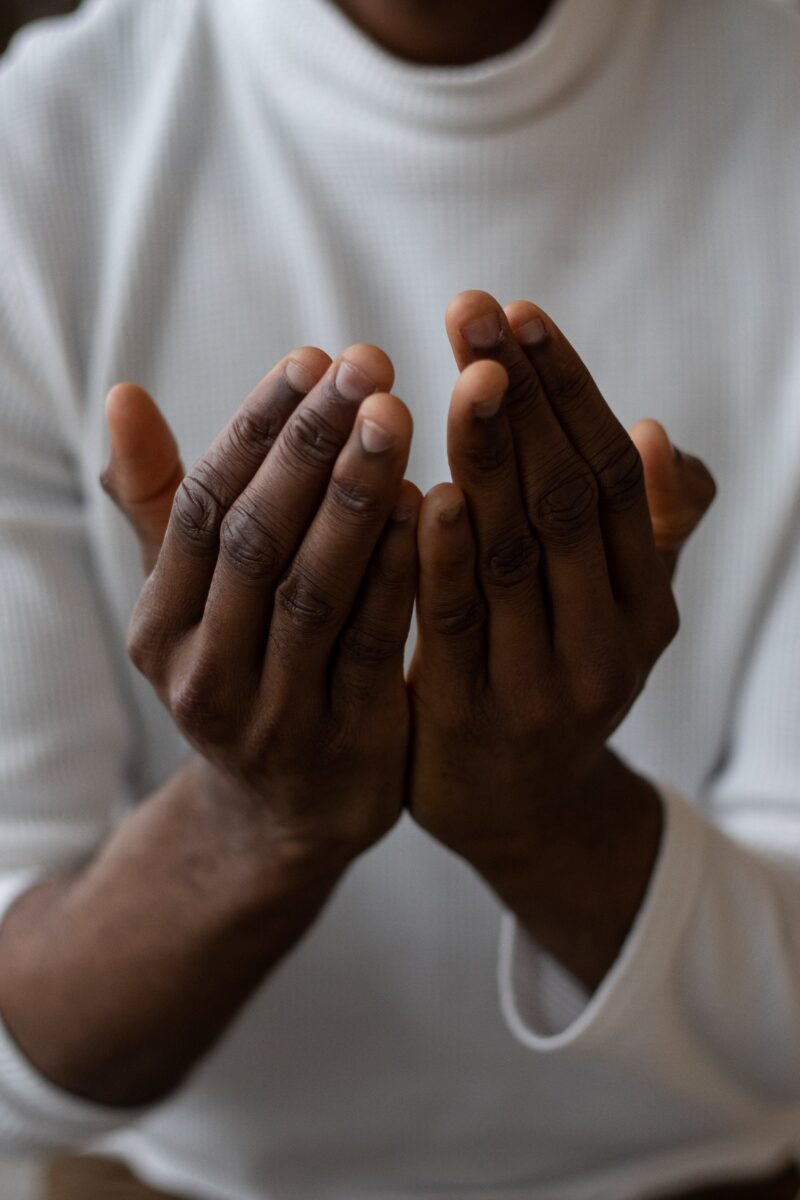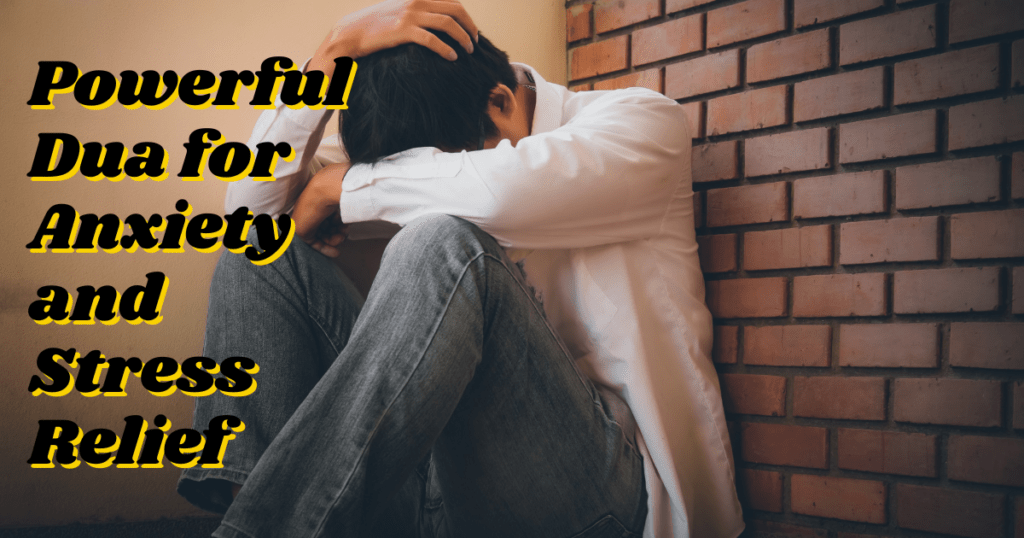
10 Best Times To Make Dua
There is 10 Best Times To Make Dua in Islam. Discover the best moments to make heartfelt supplications (dua) in Islam. Explore the top ten opportune times for dua, including Tahajjud prayers, Fridays, Ramadan, and more for spiritual connection and divine blessings.
Muslims believe that supplication (dua) can be made at any time, and there are no specific restrictions on when one can make dua. However, there are certain occasions and times that are considered auspicious or highly recommended for making dua due to their significance in Islamic teachings. Here are ten of those times:
1- During Tahajjud (Night Prayer)
The last third of the night, especially during Tahajjud prayers, is considered a time when prayers are more readily accepted by Allah.
Abu Hurairah (RA) narrated that Allah’s Messenger (SAW) said
In the last third of every night our Rabb (Allah (SWT)) descends to the lowermost heaven and says; “Who is calling Me, so that I may answer him? Who is asking Me so that may I grant him? Who is seeking forgiveness from Me so that I may forgive him?
2- In Sujood (Prostration)
While in prostration during prayer (Salah), a Muslim is in the closest position to Allah and can earnestly make dua.
Abu Hurairah (RA) narrated that Allah’s Messenger (SAW) said
The nearest a slave can be to his Lord is when he is prostrating, so invoke (supplicate) Allah (SWT) much in it.
3- Between Adhan and Iqamah
It’s recommended to make dua after the call to prayer (Adhan) and before the start of the congregational prayer (Iqamah).
Narrated By Anas (may Allah be pleased with him) said:
The Messenger of Allah (peace and blessings of Allah be upon him) said. Dua is not rejected between the adhan and iqamah so engage in dua.
4- Friday Afternoon
The time between Asr and Maghrib on Fridays is considered a blessed time for making dua. The last hour of Friday is especially significant.
On Friday, there is an hour during which, if any Muslim is standing in front of Allah in Salah, and asking Allah for something good, he will be granted his request. Then he made a sign with his hands, showing that it was a very short period of time [Bukhar # 935]
5- During Ramadan
The entire month of Ramadan is a special time for increased worship and dua, especially during Laylat al-Qadr (the Night of Decree), which falls in the last ten nights of Ramadan.
Prophet Muhammad PBUH said
When Ramadan comes, the Doors of Mercy (another narration says Paradise) are opened and the doors of Hell are closed and the Shaitans are locked up. (Bukhari)
6- While Fasting
When breaking the fast (Iftar) during Ramadan or while fasting on other occasions, making dua is highly encouraged.
The Messenger of Allah (SAW) said:
Three supplications will not be rejected (by Allah (SWT)), the supplication of the parent for his child, the supplication of the one who is fasting, and the supplication of the traveler.
[al-Bayhaqi, at-Tirmidhi – Sahih]
7- When it’s Raining
It is recommended to make dua when it’s raining as it is considered a time when prayers are more likely to be accepted.
Narrated Sahel Ibn Sa’ad (RA): that the Messenger of Allah (SAW) said
Two will not be rejected, Supplication when the Adhan (call of prayer) is being called, and at the time of the rain.
8- While Traveling
During travel, especially when embarking on a journey or reaching a destination, making dua for safety and blessings is encouraged.
The Messenger of Allah (SAW) said
Three supplications will not be rejected (by Allah (SWT)), the supplication of the parent for his child, the supplication of the one who is fasting, and the supplication of the traveler.
[Al-Hakim 2: 114, and Abu Dawud #2540, ibn Majah]
9- During Umrah or Hajj
When performing Umrah or Hajj, pilgrims are encouraged to make dua at various significant places and times during the pilgrimage.
Messenger of Allah PBUH said
The best supplication is the supplication on the day of Arafat [ Tirmidhi ]
10- Before the End of Salah (Prayer)
After completing the obligatory parts of the prayer but before saying the final Salam (ending the prayer), there is a period known as Tashahhud where it’s recommended to make personal dua.
During the last part of the night, and at the end of the obligatory prayers. (At-Tirmidhi)
These times are not exhaustive, and Muslims believe that they can make dua at any time, in any place, and in any language, addressing their needs, hopes, and concerns to Allah. The essence of dua lies in sincerity and humility before the Creator.
(FAQs) about the best times to make Dua (supplication) in Islam
What is Dua in Islam?
Dua is a form of prayer or supplication in Islam, where believers communicate with Allah, expressing their needs, hopes, and desires.
Are there specific times recommended for making Dua?
Yes, there are various times considered auspicious for making Dua in Islam. These include during Tahajjud (Night Prayer), between Adhan and Iqamah, Fridays, Ramadan, while fasting, in Sujood (prostration), and other significant occasions.
Why are certain times preferred for making Dua?
These times hold significance either due to their spiritual importance or because they are instances when prayers are believed to be more readily accepted by Allah, according to Islamic teachings.
Can Dua be made at any time?
Yes, Muslims believe that Dua can be made at any time, in any place, and in any language. There are no restrictions on when a person can make Dua, as it is a means of connecting with Allah at any moment.
Is there a specific method or formula for making Dua?
While there’s no rigid formula for making Dua, it is recommended to show humility, sincerity, and concentration while asking Allah for one’s needs. It can be done in personal words or by using prayers taught by the Prophet Muhammad (peace be upon him).
What role do these recommended times play in the effectiveness of Dua?
These recommended times are seen as periods where one’s connection with Allah is strengthened, allowing for a more focused and sincere supplication. However, Dua is accepted at all times, and the sincerity of the believer is crucial.
Are there differences in opinions among scholars regarding the best times for Dua?
Yes, different Islamic scholars and traditions may emphasize certain times for Dua based on various Hadiths (sayings of the Prophet Muhammad) or interpretations, resulting in differing opinions among scholars.
Can Dua be made collectively or individually during these recommended times?
Both individual and collective Dua are permissible in Islam. Muslims can make personal supplications as well as pray together in congregations during these recommended times.
Are there additional benefits or rewards for making Dua during these specific times?
Yes, it’s believed that making Dua during these recommended times can yield increased spiritual rewards and blessings, according to Islamic teachings.
Can one make Dua for anything during these specific times?
Muslims can make Dua for any permissible matter during these recommended times, seeking guidance, forgiveness, health, success, and well-being both in this world and in the Hereafter.



